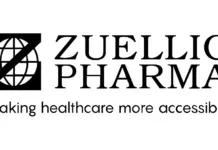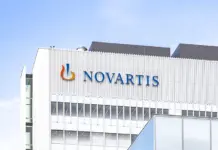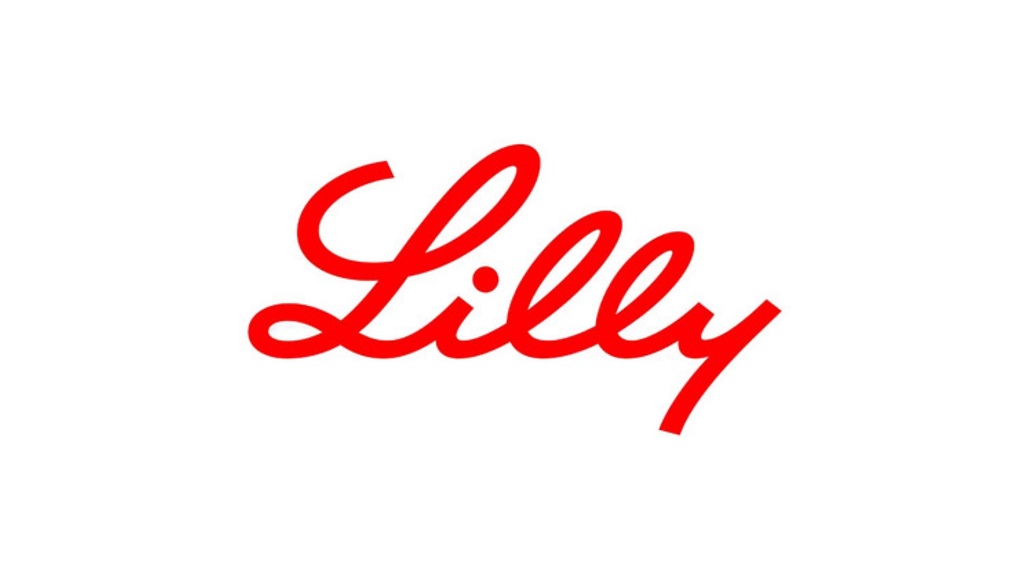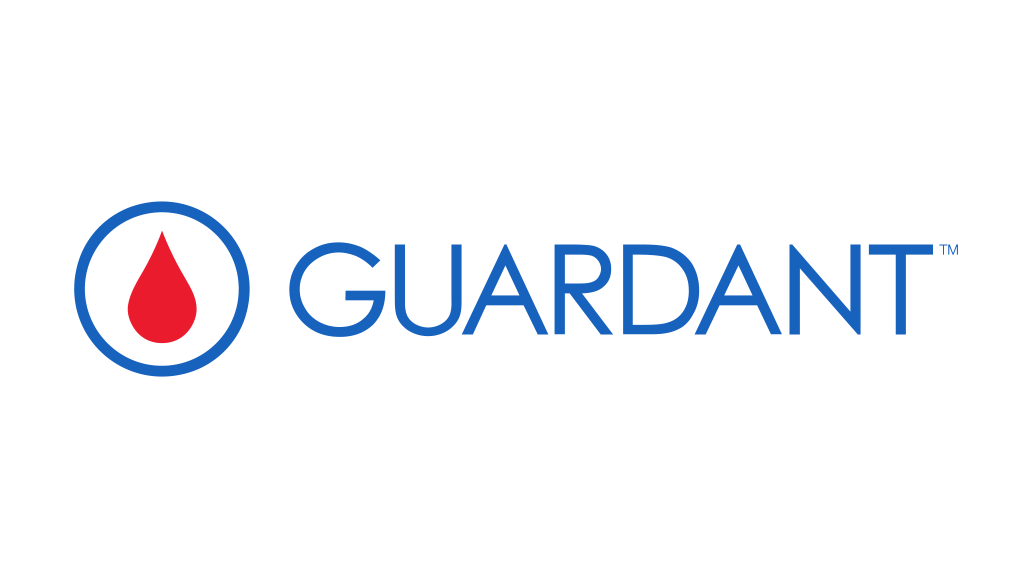Guardant Health and Zephyr AI have formed a strategic partnership to push forward the discovery of new cancer biomarkers and strengthen precision oncology efforts. The two companies will combine Guardant Health’s multimodal molecular data with Zephyr AI’s artificial intelligence and machine learning (AI/ML) tools to create practical insights that can guide drug development, therapy choices, and response monitoring.
The collaboration connects with Guardant’s broader Infinity AI platform and shows both companies’ common goal of using data and AI to help oncologists, cancer researchers, and biopharma teams deliver better cancer care. It also shows their commitment to blending advanced analytics with real-world data to move personalized oncology a step further.
“At Guardant Health, we’ve always believed that data is key to conquering cancer,” said Helmy Eltoukhy, chairman and co-CEO of Guardant Health. “By combining our industry-leading molecular data with Zephyr AI’s advanced analytics platform, we’re taking another major step toward realizing the full potential of precision oncology—helping our biopharma partners accelerate drug development and ultimately deliver better outcomes for patients worldwide.”
By merging Guardant Health’s precision oncology insights and multimodal real-world datasets with Zephyr AI’s proprietary technologies, the collaboration aims to speed up cancer research and development efforts across the biopharma sector. This model stands out for its ability to forecast targeted therapy responses validated by real-world data, supported by biologic interpretability features that yield actionable, science-based intelligence.
“This collaboration represents the convergence of unmatched real-world data, leading-edge diagnostics and cutting-edge machine learning to enable more precise, scalable, and impactful oncology solutions,” said Allen Chao, CEO of Zephyr AI. “By working together, Guardant Health and Zephyr AI can supercharge discovery and development needed to transform cancer treatment and deliver on the promise of personalized medicines for cancer patients.”
























